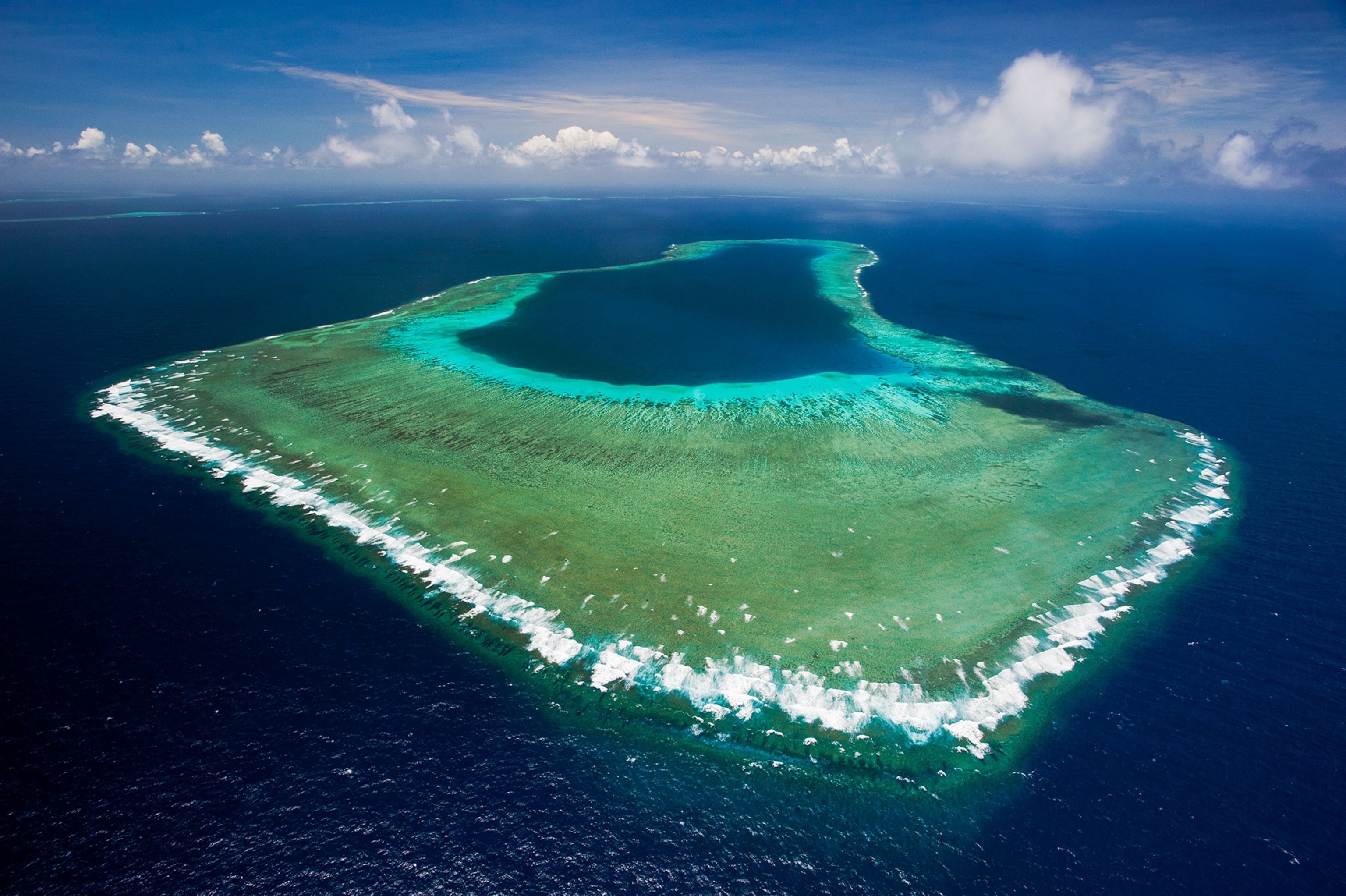
Tourists Try to See Great Barrier Reef Before It's Gone
Travelers are rushing to see Australia's natural treasure before bleaching destroys it.
A recent survey confirms that an unprecedented number of tourists are visiting Australia's Great Barrier Reef because they are afraid the World Heritage site will soon disappear.
A survey published this week in the Journal of Sustainable Tourism found 69 percent of recent tourists felt they needed to see the reef before it dies off.
Half of the reef has died over the past three decades thanks to warming ocean water, pollution, coastal development, and aggressive invasive species, such as starfish.
This year, the Great Barrier Reef has suffered its worst bleaching event on record, damaging more than 90 percent of the reef's 1,400 miles (2,250 kilometers).
Almost half of the coral in the reef's northern and central sections have been bleached so badly that they will likely take decades to recover, scientists have warned.
And the most recent government assessment of the reef's health predicted that unless the world makes good on plans to slash greenhouse gas emissions, ocean waters will continue to warm and bleaching will occur every year there by mid century. That will likely lead to the collapse of the ecosystem, the scientists warned.
To gauge tourist awareness of these issues, this week's survey asked tourists to rank 15 reasons for their trip to the reef. The response “to see the reef before it is gone” came in at fourth place, surprising the researchers.
This was just behind more typical reasons for the trip, including “to discover new places and things,” “to rest and relax," and “to get away from the demands of everyday life.” (See other places that tourists hope to see before they are ruined.)
Corbin Forest, a student from Texas who visited the reef in July, tweeted, "Glad I can say I got to see it before it's all gone."
Tourism on the Great Barrier Reef generates $5.4 billion per year and employs some 60,000 people, all of which could be in jeopardy as the reef's health continues to deteriorate.